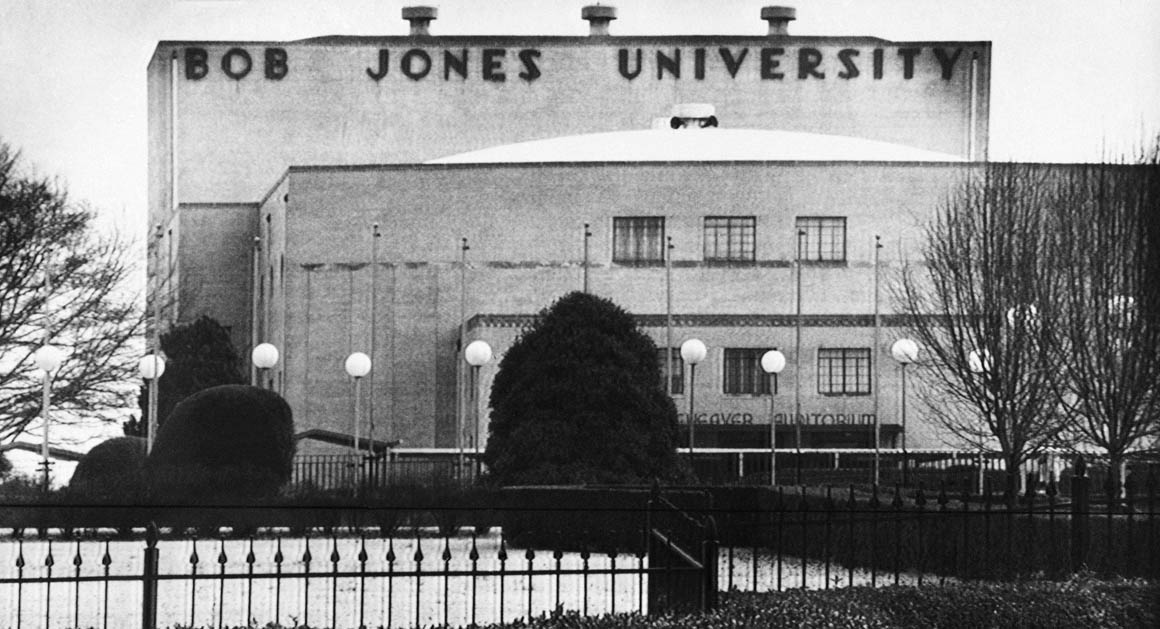America should be purely Christian. This is what the country was founded on....
The US wasn't founded on anything.
The first colony was Jamestown. The people came here to make money. That flies in the face of the pronouncements by the Jesus-thing that you have sell everything/give everything away to be saved and one of his followers.
The second colony was Plymouth.
The Pilgrims banned birthday celebrations, banned Christmas, banned New Year's (which wasn't celebrated on January 1 until 1752) and banned all other holidays.
They also had some differently twisted beliefs that they tried to force on the 99.9% of the people who were x-tians.
Their repeated and continual attempts to force their differently twisted thinking on the other 99.9% of x-tians is what led to their so-called "persecution" (snicker).
My refusal to do what a teeny-tiny faction of people want me to do is not persecution, but it is common sense.
Because 99.9% of x-tians refused to do what the Pilgrims wanted them to do, the Pilgrims took their toys and left.
That's what happened.
If Pilgrims were running the show, there wouldn't be a Black Friday because there wouldn't be a Christmas.
You might wanna think about that.
and if we get away from that we will all be in for one hell (literally) of a ride from God.
You're already condemned to Hell.
Pope Leo in the papal bull
Humanus Genus condemned all Americans to Hell for all Eternity because Americans have the bodacious audacity to elect their Presidents instead of letting Pope Leo and other popes appoint kings for us.
The Popes might have some leniency on Americans if Americans would at least consult with the Popes before electing a President and send us to Purgatory for a few lifetimes before we get to go to Heaven and put on a white tupa and sing,
"Holy, holy, holy is the Lamb!" for all Eternity, which is just about as fun as watching grass grow.
But none of that matters, because most likely you are descended of someone from the British Isles which means you are a descendant of either Gomer or Gog and your fate is already sealed.
You will die an agonizing fiery death and then go to Hell and there ain't a damn thing you can do about it.
So, you might as well have some fun.


